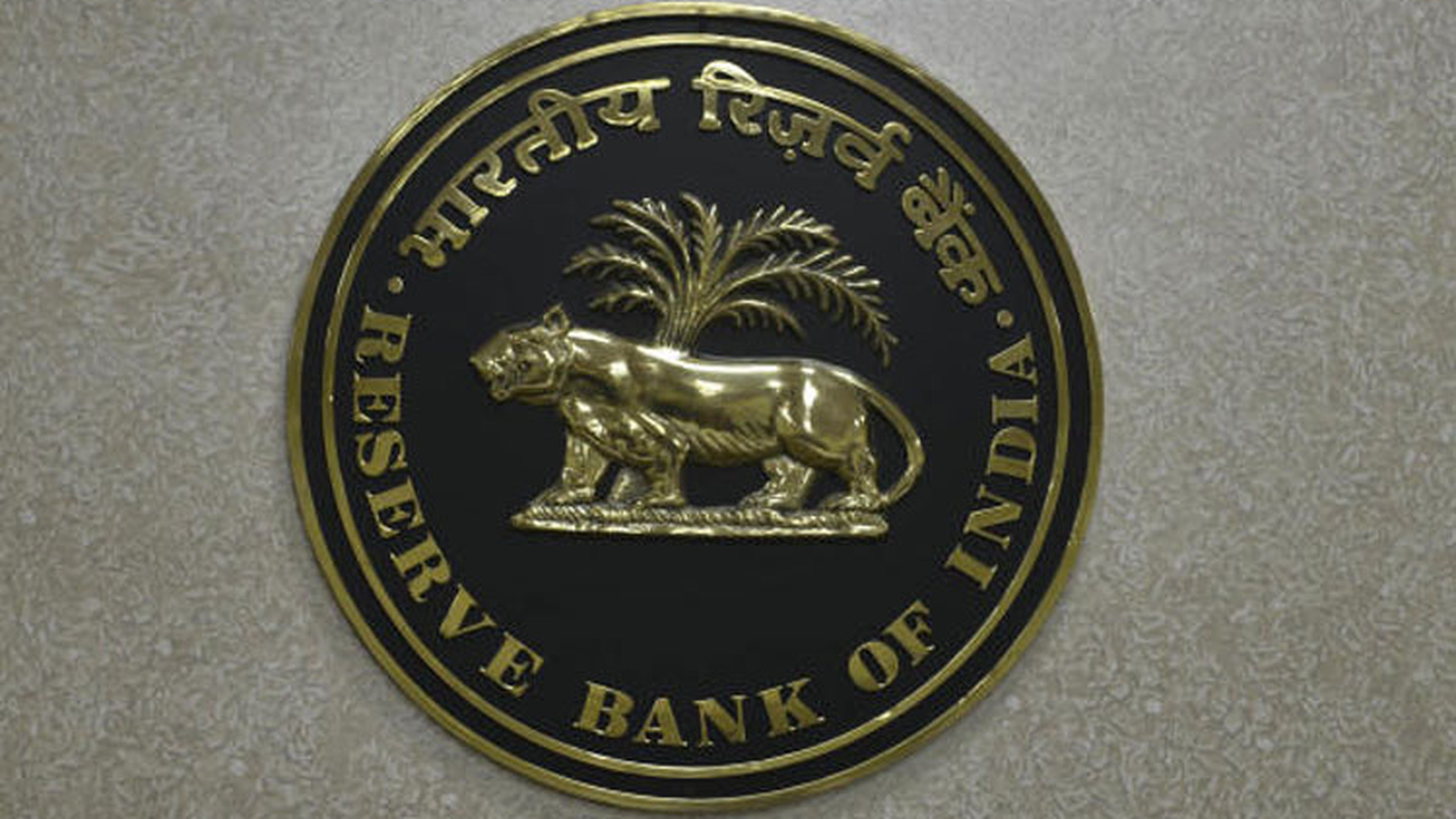The Reserve Bank of India has raised the lending cap for microfinance institutions to Rs 1.25 lakh, against the earlier limit of Rs 1 lakh, to improve credit availability in rural and semi-urban areas.
It has also been decided to 'increase the household income limit for borrowers of non-banking financial companies-micro finance institutions (NBFC-MFIs) from the current level of Rs 1 lakh for rural areas and Rs 1.60 lakh for urban/semi-urban areas to Rs 1.25 lakh and Rs 2 lakh, respectively.'
Taking into consideration the important role played by MFIs in delivering credit to those in the bottom of the economic pyramid and enable them to play their assigned role in a growing economy, the Reserve Bank of India observed in its statement on developmental and regulatory policies.
The income and loan limits to classify an exposure as an eligible asset were last revised in 2015.
Detailed guidelines in this regard will be issued shortly, the central bank said.
It is to be noted that a sub-committee of the central board of the Reserve Bank under the chairmanship of Y. H. Malegam was constituted to study issues and concerns in the sector in the wake of the Andhra Pradesh micro finance crisis in 2010.
Based on the recommendations of the committee, it was decided to create a separate category of NBFC – non-banking financial company-microfinance institution (NBFC-MFI) – and a detailed regulatory framework for NBFC-MFIs was put in place in December 2011.
The committee further said that the RBI has been taking steps for popularising cross-border transactions in Indian currency, especially in respect of external commercial borrowing (ECB), trade credit and exports and imports, thereby reducing the exchange risk for persons residing in India.
Continuing these efforts, RBI said that it has been decided, in consultation with the government of India, to enhance the scope of non-interest bearing special non-resident rupee (SNRR) account by permitting persons residing outside India to open such accounts to facilitate rupee-denominated ECB, trade credit and trade invoicing.
'Further, restriction on the tenure of SNRR account, which is currently seven years, is also proposed to be removed for the aforesaid purposes. Guidelines in this regard would be issued within a month,' it said.
With regard to offshore rupee markets, the RBI has examined the recommendations Usha Thorat committee report and accepted few including allowing domestic banks to freely offer foreign exchange prices to non-residents at all times, out of their Indian books, either by a domestic sales team or through their overseas branches.
'Allowing rupee derivatives (with settlement in foreign currency) to be traded in international financial services centres (IFSCs). The directions for implementing the above two recommendations will be issued in consultation with the central government and other regulators,' it said.
Other recommendations of the committee are under consideration and the decision thereon will be announced in due course, it said.











